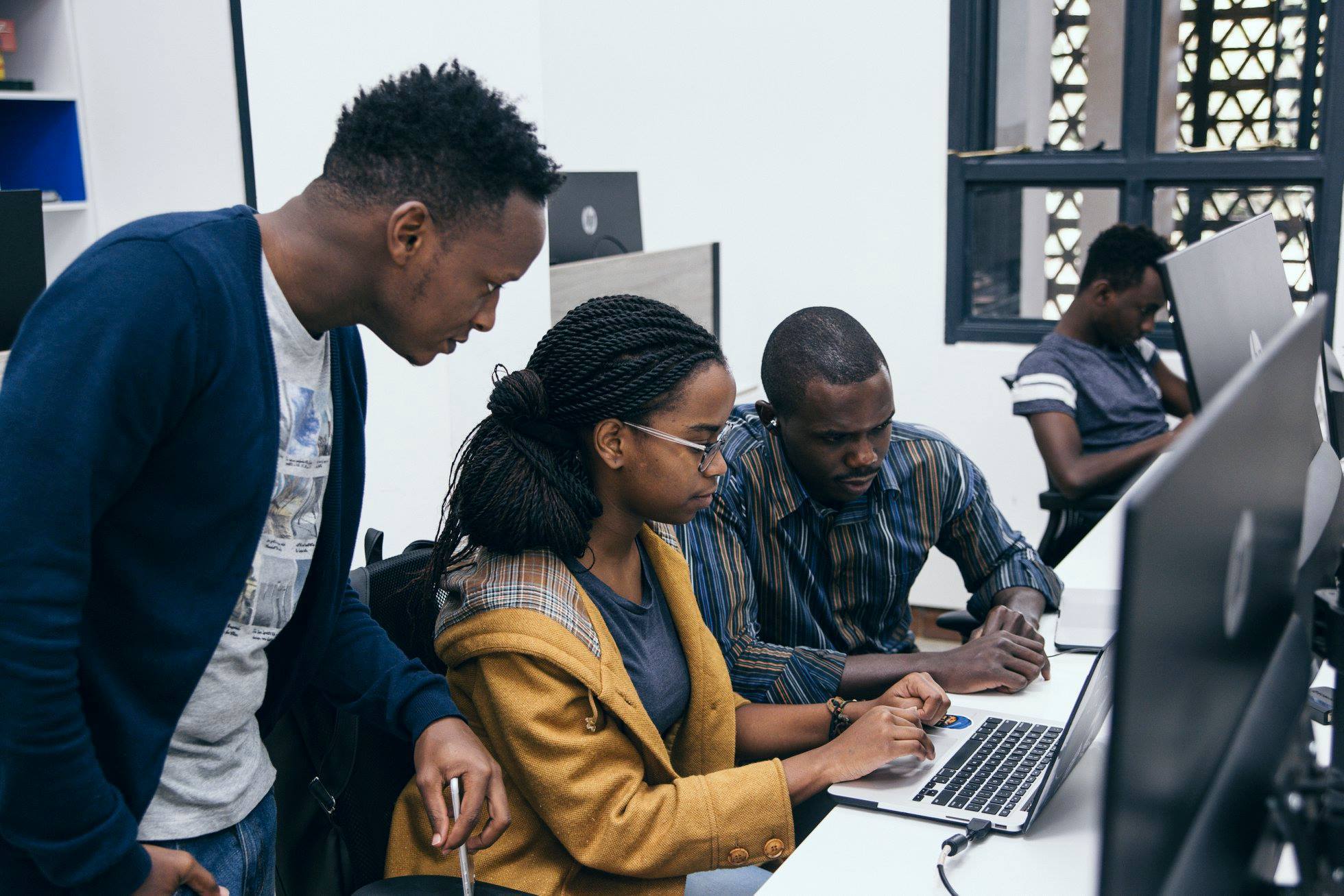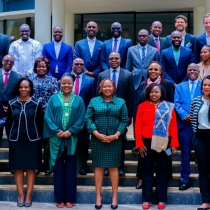
Universities Urged to Embrace AI, Data Science in Teaching
The 14th IUCEA Annual Meeting & Conference emphasized the need for universities to embrace new technologies to enhance teaching and learning. The conference convened to discuss the Future of Higher Education in the Age of Data Science and Artificial Intelligence and explored the potential of data-driven decision-making and AI in higher education while addressing the challenges and opportunities they present.
Speaking at the opening session, the Chief Guest who was Rwanda's Minister of Education, Dr. Valentine Uwamariya, emphasized the need for higher education institutions to stay ahead of the technological curve and adapt to emerging trends. She encouraged academia to use data science and artificial intelligence to improve the learning experience to ensure that it is relevant, enjoyable, and effective. “It is important that academia quickly work out strategies to remain relevant and ensure that learning is enjoyable,” Dr. Uwamariya.
The Deputy Secretary General, Social Productive, Infrastructure, Productive, Social and Political sectors, East African Community, Andrea Aguer Ariik Malueth, representing the Secretary-General, underscored the significance of the conference in fostering dialogue among higher education institutions in East Africa to stay abreast of global developments in higher education while maintaining quality and relevance. He emphasized the importance of adapting to emerging trends, including virtual universities, remote learning, flexible education pathways, and collaborations with industry.
The Executive Secretary of the Inter-University Council for East Africa (IUCEA), Prof. Gaspard Banyankimbona, said that the emergence of Data Science and Artificial Intelligence must revolutionize how universities operate and teach. “We need to strategize and innovate in curriculum review and development to produce graduates equipped with skills demanded by the evolving labor market. Embracing new technologies presents an opportunity for universities to remain relevant and contemporary,” Prof. Banyankimbona said.
Participants included data science and AI experts and practitioners, Vice Chancellors, stakeholders, regulators and decision-makers in higher education institution sector, industry leaders, and government officials. They shared experiences, best practices, and insights on how data science and AI can enhance teaching efficiency and student learning, retention, and success rates. The conference will also explore the ethical, professional, and social implications of using AI and data analysis tools in higher education. Recommendations from this dialogue are expected to guide future actions in universities and at Inter-University Council for East Africa. The IUCEA Annual Conference serves as a platform for dialogue, experience sharing, networking and collaboration among higher education institutions, industry leaders, and policymakers on contemporary issues and trends in higher education.
IUCEA is an institution of the East African Community (EAC), which in the context of Article 5 and 102 of the EAC Treaty, is mandated to advise, develop and coordinate all matters related to higher education and research in EAC. IUCEA facilitates harmonization of higher education systems, promoting quality assurance, facilitating academic and student mobility, and fostering research collaboration within the EAC.
Source: Eac.int
Links
- 99 views












































Join the conversation